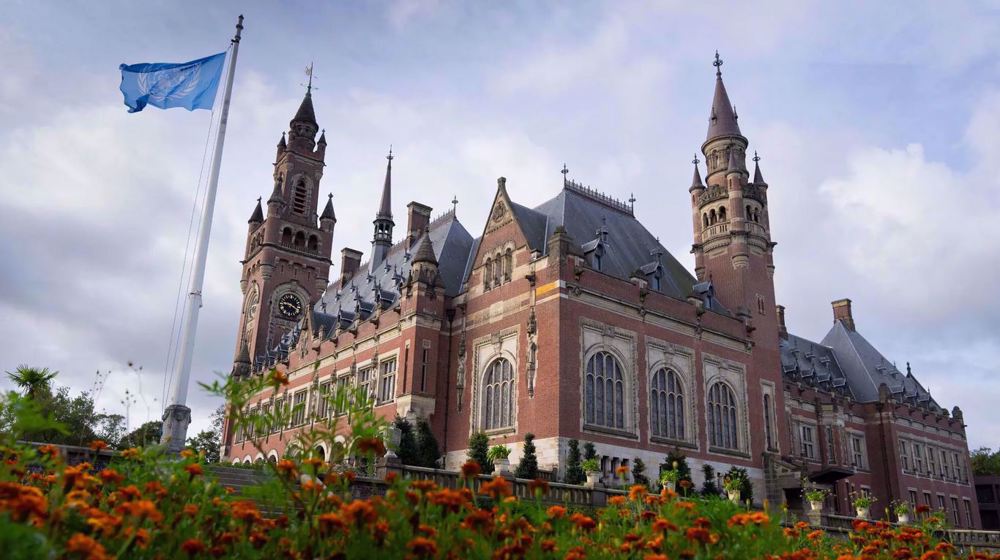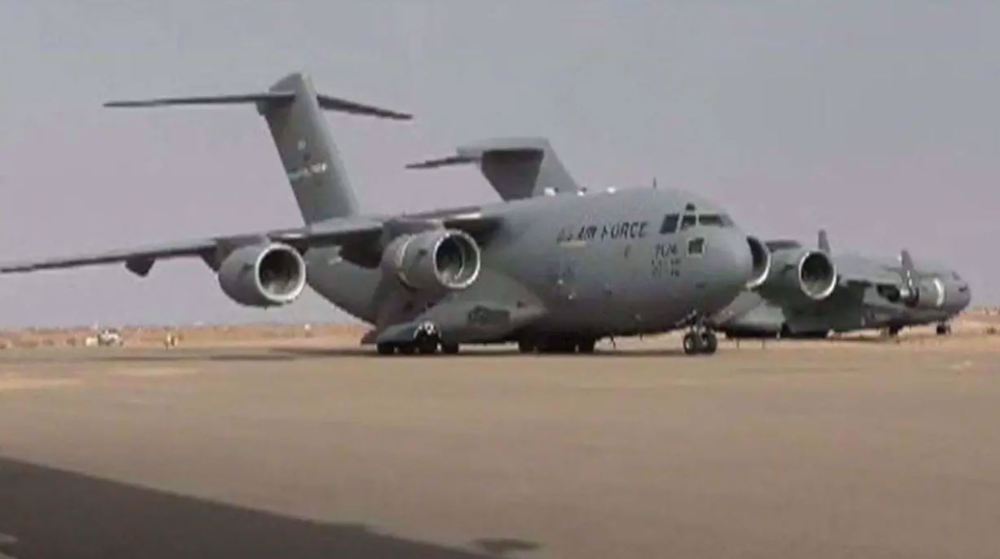South Sudan violence has killed over 300, UN says
Four days of fierce clashes in South Sudan’s capital, Juba, have killed more than 300 people and forced thousands of others to flee, the UN says.
Tarik Jasarevic, the spokesman for the World Health Organization (WHO), said on Friday that "it's over 300 deaths" since July 8.
Jasarevic, however, said the UN agency does not have the number of the injured.
Meanwhile, the UN Refugee Agency said the four-day violence had also left "42,000 internally displaced" in the country.
"The number of refugees in neighboring countries is now 835,000," William Spindler, the spokesman for the UNHCR, stated.
A new wave of conflict has gripped South Sudan over the past days.
Gunfire erupted on July 8 near the state house in Juba, where President Salva Kiir and First Vice President Riek Machar were meeting for talks.

A shaky ceasefire has been holding across the volatile country over the past couple of days following the deadly clashes of July 8.
The International Organization for Migration (IOM) said many people were returning since the ceasefire agreement came into effect on July 11.
John McCue, the IOM's South Sudan head of operations, said, "Humanitarian access to affected people has improved dramatically since Monday (July 11). But this can only be sustained if the ceasefire holds."
South Sudan gained independence from Sudan in 2011. The country has gone through turmoil ever since.
The conflict in South Sudan has exposed deep ethnic divisions. It erupted after a power struggle between President Kiir, a member of the Dinka ethnic group, and rebel leader Machar, a member of the Nuer ethnic group.
The two sides eventually signed an agreement in August 2015 to bring an end to the conflict.
Despite the peace deal, battles persist across the country.
'Hello my enemies': Lebanese journalist on Israeli threats and his resolve to continue
Outrage in France as MP proposes bill to ban criticism of Israel
VIDEO | The strategy of Hezbollah in war
Israeli military withdraws several brigades from southern Lebanon: Report
48-year-old Palestinian man serving 48 life terms completes 22 years in Israeli jails
From MKO to Tondar, how Germany became safe haven for anti-Iran terror groups
Hamas open to any proposal aiming to end Gaza war: Hamdan
Role of private sector in Iran’s thriving space industry















 This makes it easy to access the Press TV website
This makes it easy to access the Press TV website